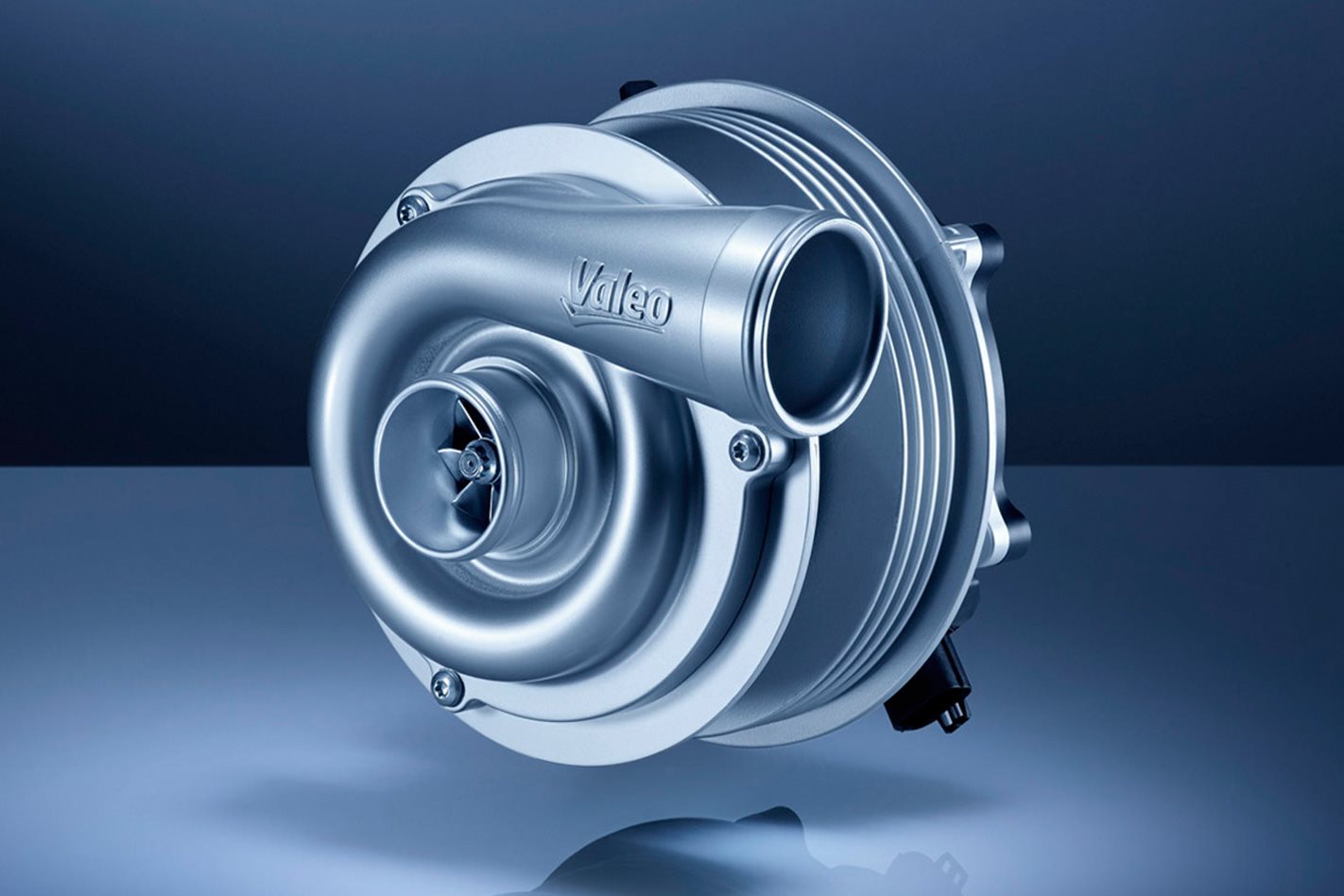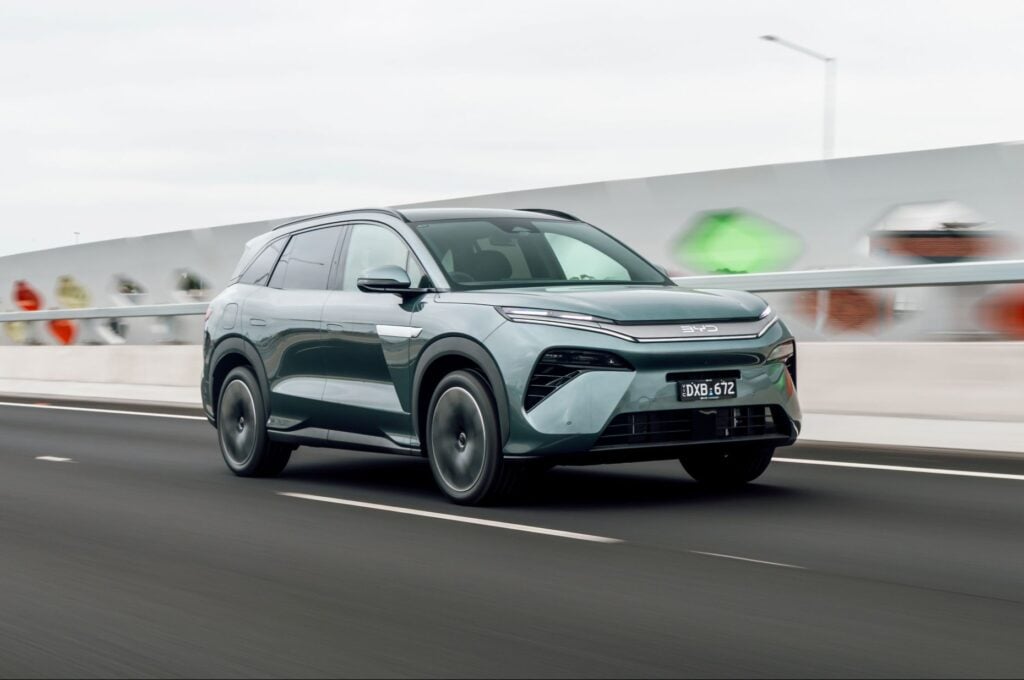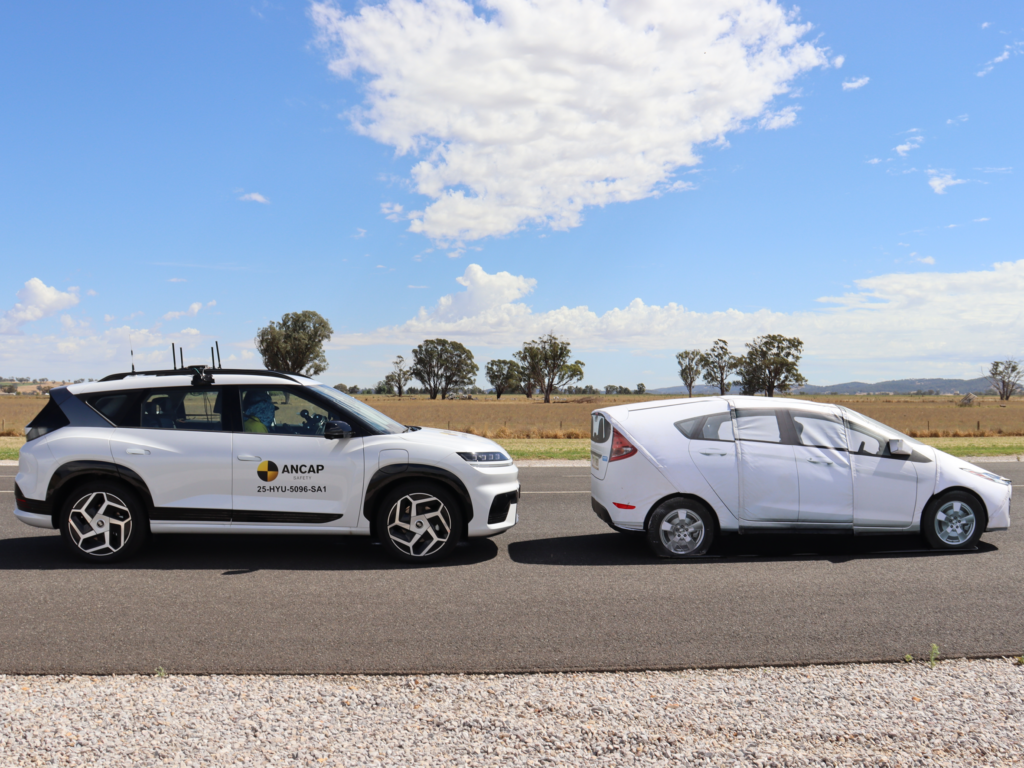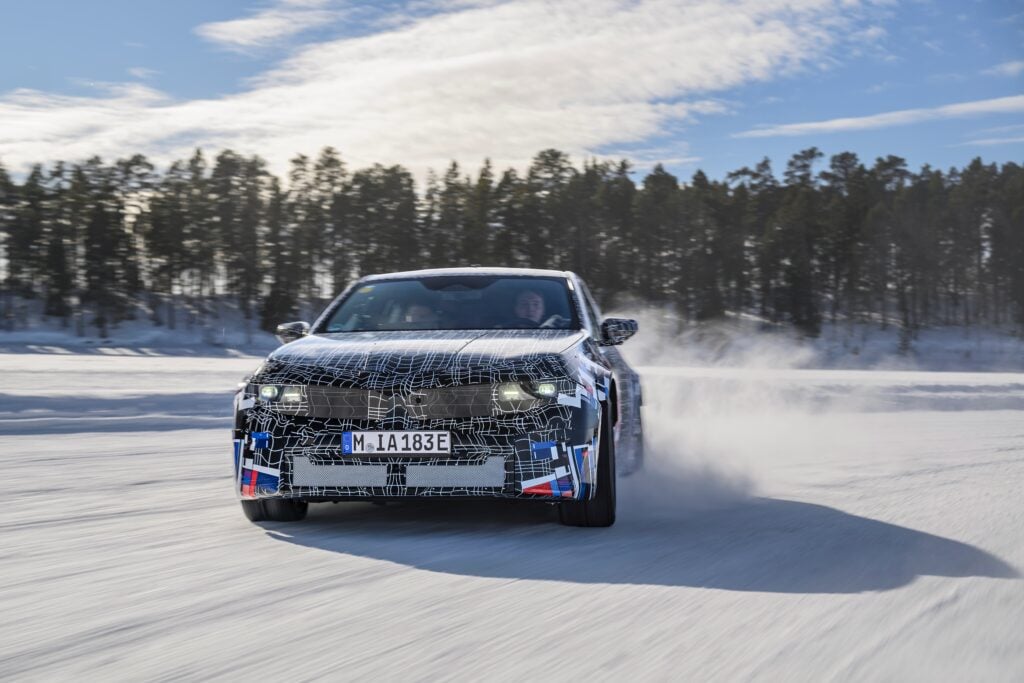WITH all but its track-oriented GT series cars now turbocharged, Porsche is looking to the next generation of forced induction systems.
During the launch of the 718 Boxster, Thomas Wasserbaech, Development Director of Boxer Engines, offered a glimpse of Weissach’s view of its future turbo technology.
When asked what project excited him the most at the moment, his answer was unequivocal: “Electric turbocharging. Not just pre-fill like Audi. Fully electric turbochargers.”
Porsche’s plans are believed to differ slightly to that of its sister brand, Audi, which has developed an electrically driven compressor that adds low-level boost to the engine of the upcoming Audi SQ7 SUV, revealed in March. According to Audi, the system can provide up to 13kW of electricity, with the electric compressor using up to 7kW.
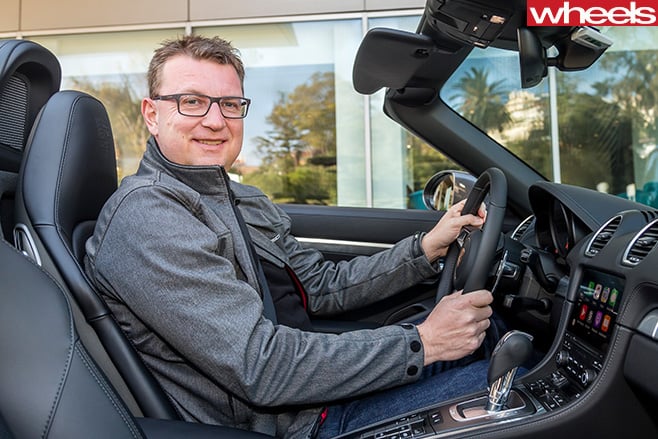
In contrast, Porsche is believed to be working on an always-on fully electric turbocharger that bypasses the traditional exhaust gas-driven system, and instead draws its boost from a 48-volt system that supplements the vehicle’s conventional 12-volt one.
Audi’s 48-volt compressor technology also extends to the chassis, with the system powering active stabilisers designed to minimise body roll and increase steering accuracy – hinting that Porsche could take a close look at improving vehicle dynamics as well.
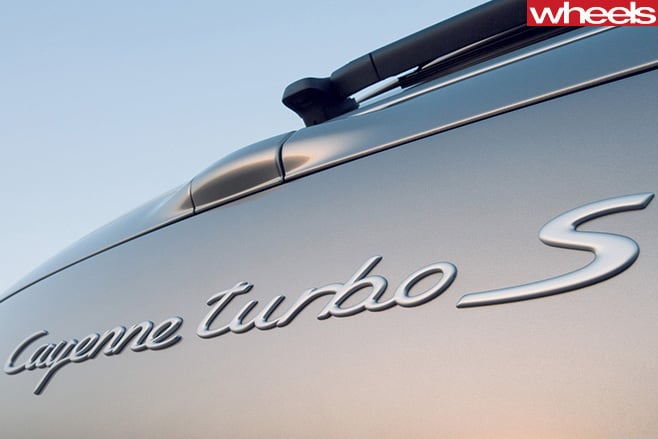
French supplier Valeo has recently demonstrated a full-time electric turbo system, which dispenses with exhaust gases altogether, using 48-volt electricals to ‘idle’ the turbo’s impeller at 10,000rpm, with minimal hesitation or lag in engine response, the motor spooling the impeller to more than 70,000rpm in under a second when the driver presses the accelerator pedal.
Valeo more correctly refers to the technology as an electric supercharger, and the system has drawn widespread industry interest. As well as Porsche and Audi, BMW, Mercedes-Benz, and General Motors have all claimed to be studying the technology.


